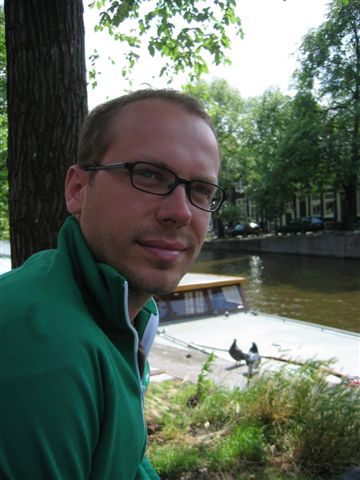In the previous post I mentioned that social practice could be put in the centre for marketing activity. Practice theory has received a lot of interest in different disciplines recently, but the discussion has been rather slow in marketing, especially marketing management discourse.
See the following web page on a conference in
I also put in the text here.
"We are currently witnessing a renewed interest in 'practice' in several social science areas, among them organizational and management studies, science and technology studies, professional/workplace discourse studies, and sociological theorizing about the character of society and human action. For example, in the strategy-as-practice subfield within organizational studies, we see a growing interest in what particular organizational members actually do to realize strategic practices. A practice-based approach has also been central for understanding organizational knowing and learning among scholars who see these as collective activities. In philosophy, practice has emerged as an important element in such otherwise different philosophical approaches as phenomenology, pragmatism, and Wittgensteinian philosophy developed from the tradition of analytic philosophy. These various areas of renewed interest provide grounds to consider and explore - as a recent collection of essays suggests – the ‘practice turn’ in social theory inspired by various philosophical and social theoretical traditions and resources, among them phenomenology and hermeneutics, ethnomethodology, activity theory, actor network theory, and Pierre Bourdieu's theory of habitus. Given this intellectual lineage, it seems appropriate to speak of a ‘re-turn to practice.’
Various theoretical traditions inform empirical studies of practice and the many aspects of what people do. These include Cultural-Historical Activity Theory and the pragmatism of John Dewey and George Herbert Mead, among others, both of which naturalize Hegel's concepts of consciousness, work, and tool. Both approaches concern changes in practices, their mediation through artifacts (a focus shared with hermeneutics), and cultural retooling in reconstructing the environment and in organizational change. Both also propose interventionist and experimentalist approaches to studies of human practices. Other theoretical traditions have examined the fundamental basis for human interaction - commonsense reasoning procedures, methods, protocols - and the moral accountability of action, both of which also bear upon the realization of any practice. Two such traditions arise from the work of Erving Goffman and Harold Garfinkel’s classical ethnomethodology. Yet another theoretical lens for critical studies of practice arises from the work of Foucault where, for example, a relational conceptualization of power/knowledge illuminates such ‘effects’ as gendered workplace practices.
These and other studies also suggest that practice-focused empirical research needs to draw upon anthropological-ethnographic and sociological-participant observer methodologies for accessing and generating data. These enable researchers to get ‘close to where the (inter)action is’, thereby seeing human beings in ‘real-time’ as they instantiate a practice. This is the route for understanding "organization as it happens" (to paraphrase Boden). Such an approach suggests that it is only through intimate observation that we can access organizational members' situated use and collective manipulation of an array of tools, technologies, objects, vocabularies, and complex bodies of knowledge in realizing a 'practice'. It is an approach that seeks to ground theorizing in what it is that people actually do, rather than beginning with theories abstracted from action. In this, it takes as its point of departure - at times explicitly and consciously, at times by implication - a phenomenological emphasis on lived experience, a hermeneutic emphasis on meanings embedded in linguistic, physical, and action artifacts working symbolically, and/or a critical theoretical emphasis on power."
This just as background for those interested in practice theory. There are also some interesting papers on the websites that was presented at the conference.


0 Comments:
Post a Comment
<< Home